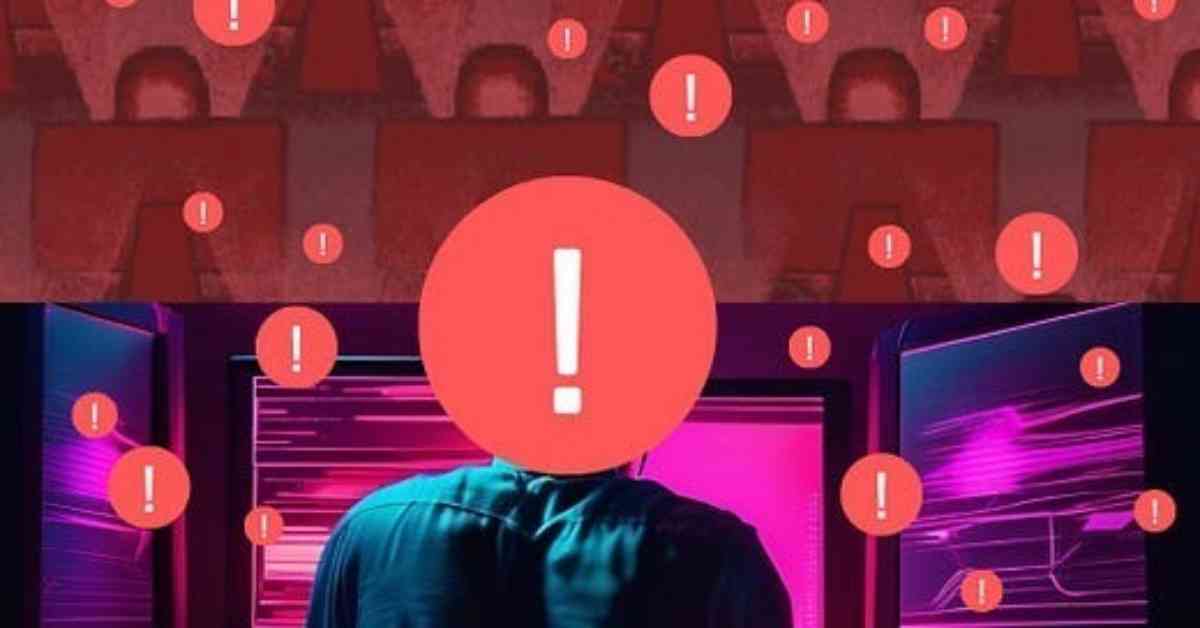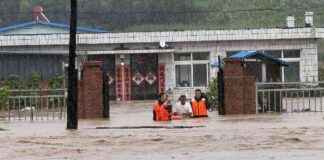So, like, in October 2024, Mang Mang, this Chinese-language media outlet that likes to do its own thing, published this super in-depth interview with this Gen Z employee from a major Chinese internet company. This employee, who stays anonymous, is known as a “content moderator” on paper, but they actually have to do both regular content moderation and censorship stuff that the government wants. In this interview, which is like the first one in over ten years, the employee spilled the tea on their daily tasks and talked about how they feel all conflicted about their job. They kinda feel bad about censoring stuff but also defend what they do as, like, necessary for survival. They were like, “You can only worry about morals after you’ve got food on the table.”
So, this person, who goes by Chen Lijia (not their real name), was born in 1997 and joined this big mainland Chinese internet company in 2020. The boss of this company, which runs the largest search engine in China with over a billion users, says the content all these users put out has to go through a massive moderation team, where Chen works. And guess what? The most important type of content they moderate is all the political stuff. Gen Z is, like, taking over as the main group of online content moderators in China, and they’re doing most of the work when it comes to content moderation for the big internet platforms.
Also known as the “Internet Generation,” Gen Z peeps are born after 1995 and have only known a world with the internet. They grew up with smartphones, apps, and the Great Firewall that China put up in ‘96 to block them from the global internet. ByteDance, the big shot internet company in China, has over 100,000 employees, and more than 20 percent of them work as content moderators. At Bilibili, this popular video site for young folks, over 27 percent of the workforce is made up of content moderators.
China has over a billion internet users, making up 19 percent of all internet users worldwide. But even with more content moderators around, the number of Chinese web pages has dropped by 70 percent in the last decade, and Chinese websites have gone down by 30 percent in the last five years. Most Chinese netizens spend their time on major platforms like Baidu, Weibo, WeChat, and Douyin, where strict censorship keeps them within the bubble of “China-exclusive” internet content.
So, these content moderators are pretty much the enforcers of state rules online, making sure everyone follows the government’s line. Chen Lijia started this gig back in 2020 and mostly does image and text moderation. They look out for political stuff, violence, and porn, but they also have to keep an eye out for gambling, drugs, and shady ads. Political security is the top priority, and they have to follow similar standards as news media. Anything that can’t be reported in the news gets axed. Like, they have to delete anything about top politicians, their families, or any bad stuff about the Communist Party. When June 4 rolls around, they have to work extra hard to scrub out all mentions of the Tiananmen Square protests.
During training, they test Chen on sensitive political topics, and they ask how they’d handle them. Chen knows their stuff, especially about stuff related to June 4. They can spot coded references and hidden meanings in content, which is super important for political moderation. Chen also reports certain keywords to their bosses, and those get added to the system for automatic blocking. They’ve been to training sessions about stuff like evil cults, but it’s all super secretive, and they’re not supposed to remember much. They’re just trained to delete sensitive keywords whenever they pop up.
Chen sometimes feels guilty about deleting certain content, especially during events like the Covid pandemic and the floods in Zhengzhou. But they know it’s part of the job, and if they don’t do it, someone else will. They talk about how guilt makes them want to quit, but everyone around them is like, “Yo, we all gotta eat.” They find comfort in chatting with friends and venting about their struggles. They dream of moving up in the world and getting a civil service job, ‘cause that’s the only way they feel they can make a real difference. But the road to success seems long and full of obstacles, and Chen isn’t sure they’ll ever get there.
In the end, Chen feels like they’re just a small piece in a big machine, and they don’t have much control over their own destiny. They question the morality of their job and wonder if there’s a way to fix the system that put them in this position. But for now, they’re just focused on surviving and hoping for a better future.

















